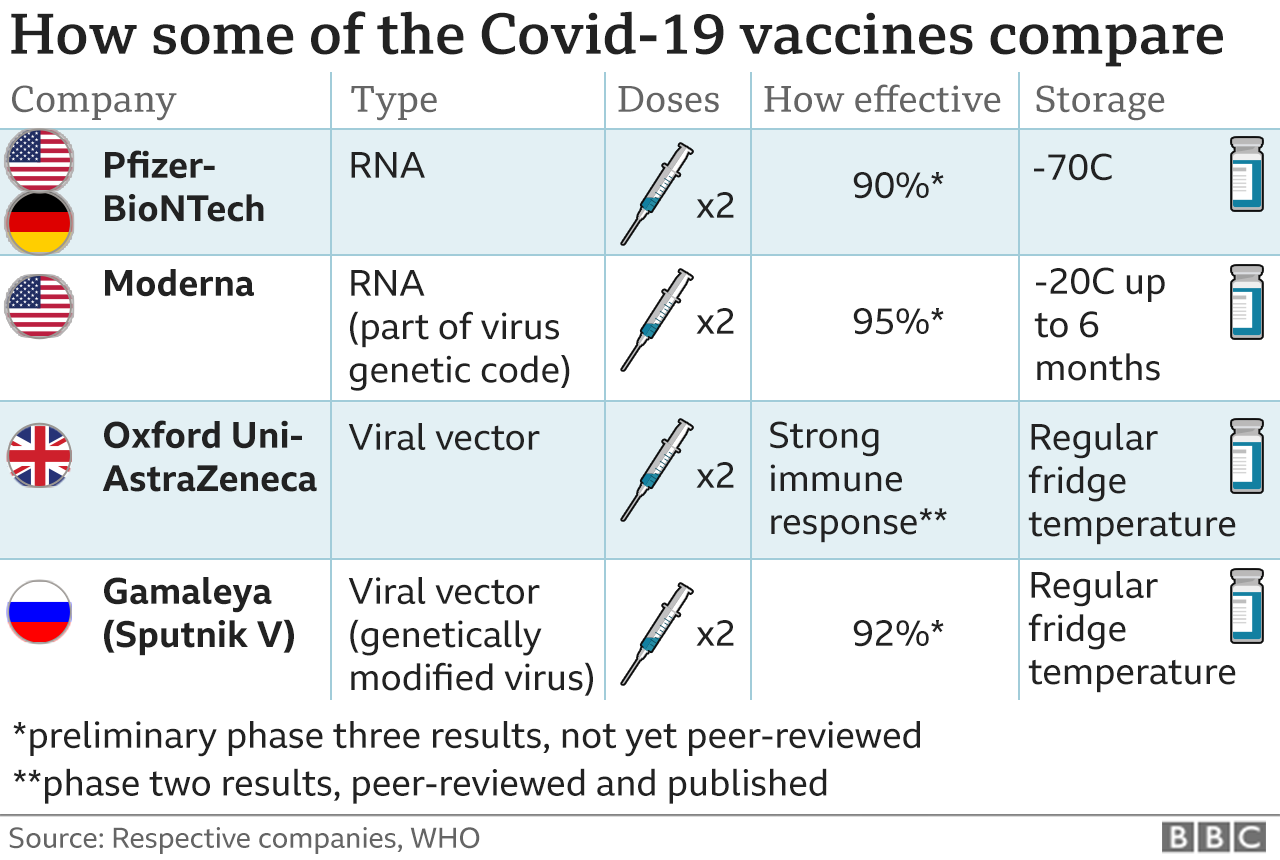


- Moderna covid 19 vaccine production capacity how to#
- Moderna covid 19 vaccine production capacity code#
The Wits team used the Stanford sequence to code for the antigen used in the Afrigen vaccine. “They had experience with formulation, but not so much experience with molecular biology, which is our strength,” Arbuthnot says. He and his colleagues quickly refocused, and a partnership developed.

Patrick Arbuthnot, a gene researcher at the University of Witwatersrand in Johannesburg (also known as Wits), was sequencing mRNA to encode gene editing proteins for hepatitis B therapies when the COVID-19 pandemic began. It would be Afrigen’s job to show it could formulate an mRNA vaccine at its facilities using the repurposed sequencing, at least in microliter amounts. Afrigen researchers took their first steps toward making their candidate using the code from Stanford University for producing the SARS-CoV-2 viral spike protein this is the same sequence used in Moderna’s mRNA vaccine against COVID-19, deciphered by Stanford researchers and published in the public domain. When the cells follow the instructions correctly, the antigens trigger the body’s immune defenses.
Moderna covid 19 vaccine production capacity how to#
The WHO spearheaded fundraising efforts - an estimated U.S.$100 million is needed over the next five years to support the hub’s operational expenses.Īn mRNA vaccine works by delivering specific instructions to cells on how to produce viral proteins that serve as vaccine antigens. The WHO selected Afrigen and Biovac, a Cape Town contract manufacturer, to be its technology transfer “hub” for which there would be many “spokes” - institutions around the world that could benefit from Afrigen’s research and development expertise and partnerships, and further pursue their own. We’re building up capabilities for low- and middle-income countries to design, develop, and manufacture mRNA vaccines.”Ī year ago the World Health Organization (WHO) launched a technology transfer initiative to diversify global COVID-19 vaccine production. “But this isn’t a product initiative, it’s a platform. “COVID is our trailblazer, it’s our proof of concept,” Terblanche says. More importantly, it will show that it can done - not just for COVID-19 but for other diseases too. If Afrigen’s COVID-19 candidate succeeds, Terblanche says it would most likely be used just as a booster. To use our energy, knowledge, and our resources to build networks for manufacturing.” Not just here, but in lower- and middle-income countries. “We saw that this is an opportunity to create. When mRNA technologies raced ahead during the COVID pandemic, Terblanche sensed the field shifting. Our first candidate was a TB vaccine,” says Petro Terblanche, Afrigen’s managing director. “We were founded with a mission to localize vaccine manufacturing in Africa. But it also opened new avenues to ensure vaccines are made and available in more places around the globe - if not for COVID-19, then for future pandemic threats.

The only African manufacturer actually licensed to make any vaccine against COVID-19 (Aspen Pharmacare in South Africa, which is licensed to make Johnson & Johnson’s adenovirus-based shot) has yet to receive an order, and may shut down that production line.ĬOVID-19 dealt great hardship. Two-plus years into the pandemic there are enough COVID vaccines to go around, even in many poorer countries a more pressing problem is vaccine uptake. While the current Afrigen mRNA vaccine candidate is against SARS-CoV-2, the goal is to develop production capabilities that could be used for many other vaccines in the future. The push to expand manufacturing capabilities beyond these few wealthy countries became critical when poorer countries witnessed COVID-19 vaccines get developed rapidly and successfully against SARS-CoV-2 only to find themselves priced out and in back of the line when it came to purchasing and receiving the shots. Manufacturing of mRNA vaccines requires specialized equipment, and current production is limited primarily to the U.S., Switzerland, Germany, Belgium, and the U.K. With pluck, persistence, and scientific prowess, more countries are gearing up to develop and produce the vaccines of the future.Ī couple of weeks ago South African scientists began testing an mRNA-based vaccine developed in a partnership between University of Witwatersrand researchers and Afrigen Biologics and Vaccines, a South African biotech with its incubation chambers located in corrugated facilities between a kitchen supply store and a motorcycle shop in suburban Cape Town.įrom here, they seek to produce the first African-made mRNA vaccine and - beyond that - to train developers from other would-be vaccine makers in order to enable more widespread manufacturing of this mRNA-based technology.


 0 kommentar(er)
0 kommentar(er)
